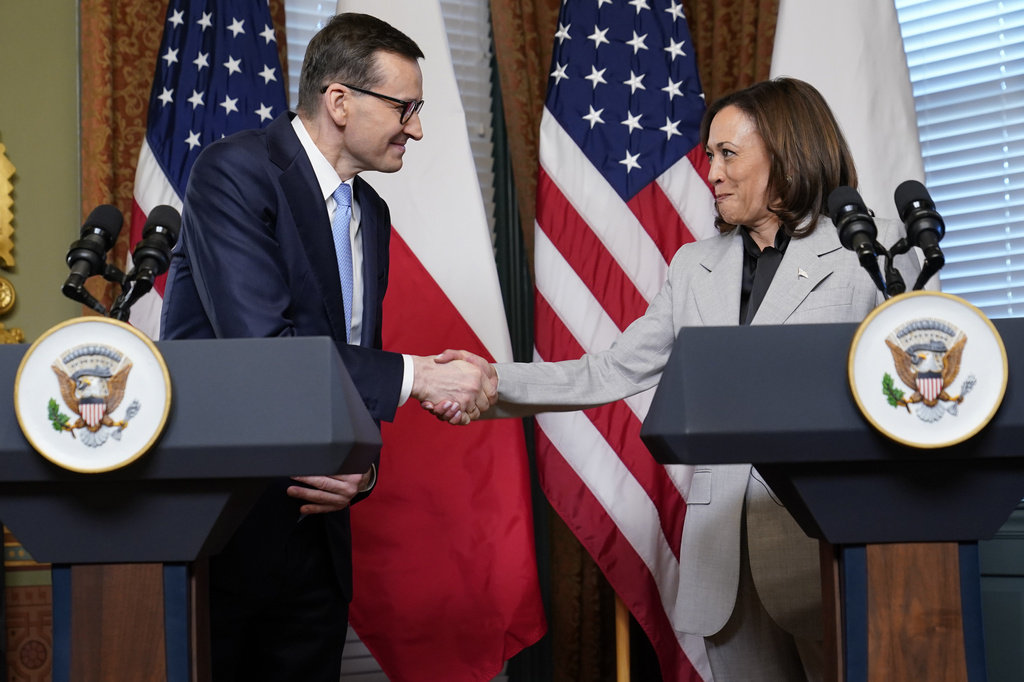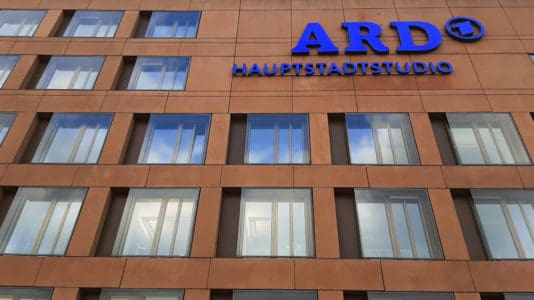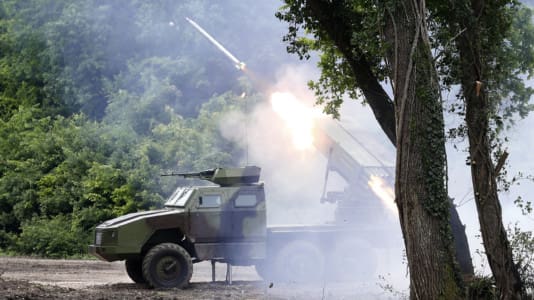Warsaw University Professor Tomasz Grosse is of the opinion that the current three-day visit by Polish Prime Minister Mateusz Morawiecki to the U.S. shows that Poland is acting on behalf of the whole region of Central Europe.
Grosse said he believes that this is not just a question of security but also of the Three Seas Initiative, a massive investment project involving Central and Eastern European countries. The professor argues that if the U.S. backs the project, it could enable this region of Europe to become independent of Western Europe which, as Macron’s visit to China shows, is distancing itself from Washington. Macron’s pivot away from the U.S., the professor believes, is an act of disloyalty and ingratitude given what the U.S. did for Western Europe during and after the Second World War.
Morawiecki’s visit to the U.S. comes in the immediate aftermath of Macron’s and European Commission President Ursula von der Leyen’s visit to Beijing.
“Even if the timing of these visits was coincidental, they demonstrate the division that exists within the EU, which is based on geopolitics and has been reinforced by the war in Ukraine,” argues Professor Grosse.
The Polish academic said he believes that Germany and France want to build strategic autonomy for Europe by essentially aligning themselves against Washington. They hope to strengthen ties with China so that China will press Russia for an armistice in Ukraine, thereby creating an opportunity for the return of business as usual with the Kremlin.
“Most Western firms have remained in Russia, so the trading links are still there,” said Grosse.
The professor says that it is rather surprising how easily Europe is allowing Chinese President Xi Jinping to come between Europe and the U.S., which he says is extraordinary given the clash of values between China and Europe that does not exist with regard to the U.S.
These are “values the EU reproaches Poland for violating,” said the professor.
Grosse stated that the condition for Europe’s success after the Second World War was the globalization led and facilitated by the U.S. Seeing the U.S. as a threat shows “the geopolitical immaturity of Western Europe,” and the way Western Europe has behaved with regard to Russia is “testimony of the false consciousness on the part of both Berlin and Paris.”
The Polish professor argues that these new geopolitical developments are why the U.S. should conclude that Central and Eastern Europe are much closer to U.S. interests than France and Germany, which should lead to Washington changing its stance on the European Union.
“Americans should realize that if they wish to realize their interests, they need to back Central and Eastern Europe,” said the professor. This, he insists, should not be limited just to security matters. He noted how President Donald Trump backed the Three Seas Initiative but says that was not substantial enough to allow the region to become independent of Western Europe.






